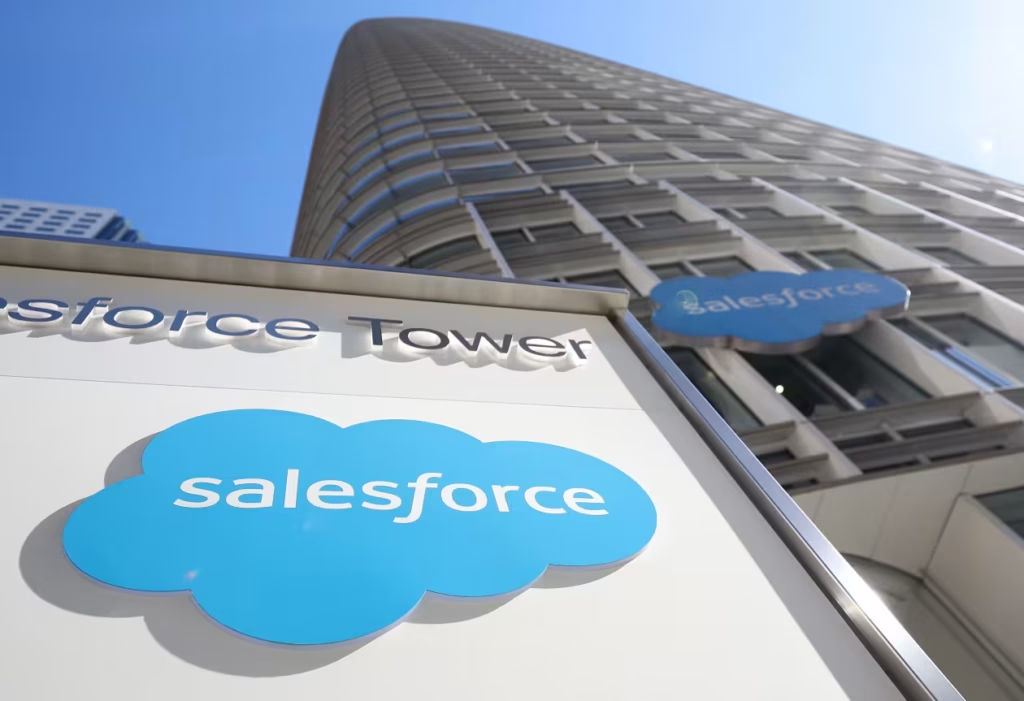A year ago, there were rumors that Salesforce Inc. was considering buying Informatica Inc. It is now closing a deal for the cloud-based data management company.
The intended combination is being marketed by the corporations as a play on artificial intelligence, specifically agentic AI, which is the ability of AI to do jobs for people while exercising judgment.
“The combination of Informatica’s rich data catalog, data integration, governance, quality and privacy, metadata management, and Master Data Management (MDM) services with the Salesforce platform will establish a unified architecture for agentic AI,” the organizations stated in a news release on Tuesday.
The equity value of the acquisition is around $8 billion. Upon conclusion of the transaction, shareholders of Informatica (INFA) are expected to receive $25 in cash for each share they possess. Both businesses anticipate closing the purchase “early in Salesforce’s fiscal year 2027.”
After the deal was said to be in the works, Salesforce’s (CRM) stock dropped 3.6% on Friday, despite a slight increase in Tuesday early trading. Informatica shares are up more than 5% on Tuesday, trading slightly around $24, after rising 17% on Friday.
John DiFucci, an analyst at Guggenheim, referred to Informatica as “the leader in data management” in a late Monday note before the formal announcement. According to DiFucci, Salesforce would ostensibly “own more of the data stack across operational data, data integration, and business intelligence.”
Salesforce is putting more of an emphasis on agentic AI and its Agentforce product than it did the last time the transaction appeared to be on the table, according to Jefferies analyst Brent Thill.
“There’s now a stronger emphasis on connecting data that sits in different silos within the org so that customers can take advantage of Agentforce,” he stated. The business “is facing growing pressure to increase adoption of Agentforce.”
Jordan Klein, a desk-based analyst at Mizuho, stated that although Salesforce is recognized for its transactions, the firm and acquisitions “do not match up very well as investors have bad memories of deals where valuation or strategic need have been questioned.”
Investors “seem to like the idea of no M&A and [a] focus on [the core business] with higher margins and strong and steady execution,” he said while speaking with them. “But this is a small enough deal in my view and fits into their highest growth data-cloud segment such that investors will get past the initial blow back quickly.”





